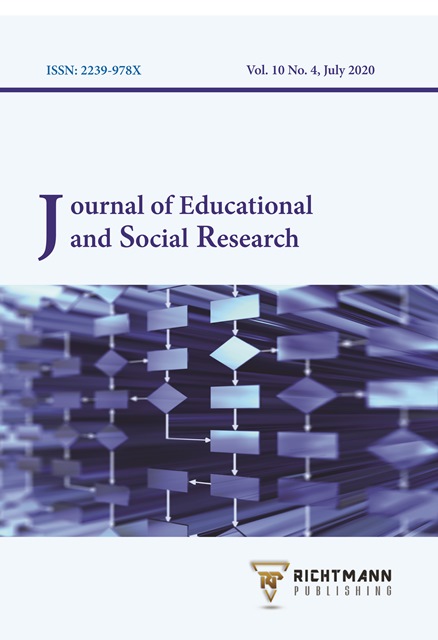Testing the Construct Validity and Reliability of Curiosity Scale Using Confirmatory Factor Analysis
DOI:
https://doi.org/10.36941/jesr-2020-0080Abstract
Curiosity is one of the important characters that should be acquired by every elementary student in Indonesia. Currently, a standardized instrument to measure the student’s curiosity has not yet available. This study aims to test the construct validity and reliability of the developed curiosity scale. The research involved 300 random samples from 565 students of the fifth grade of elementary school in Ngaglik district of Sleman region, in Yogyakarta, Indonesia. The data was analyzed with the second order confirmatory factor analysis using LISREL 8.80 software. The results show that the developed curiosity scale had fulfilled the criteria of goodness of fit, convergent validity, discriminant validity, construct reliability and omega composite reliability. Therefore, the developed scale was feasible to use.
Downloads
Downloads
Published
Issue
Section
License
This work is licensed under a Creative Commons Attribution-NonCommercial 4.0 International License.









